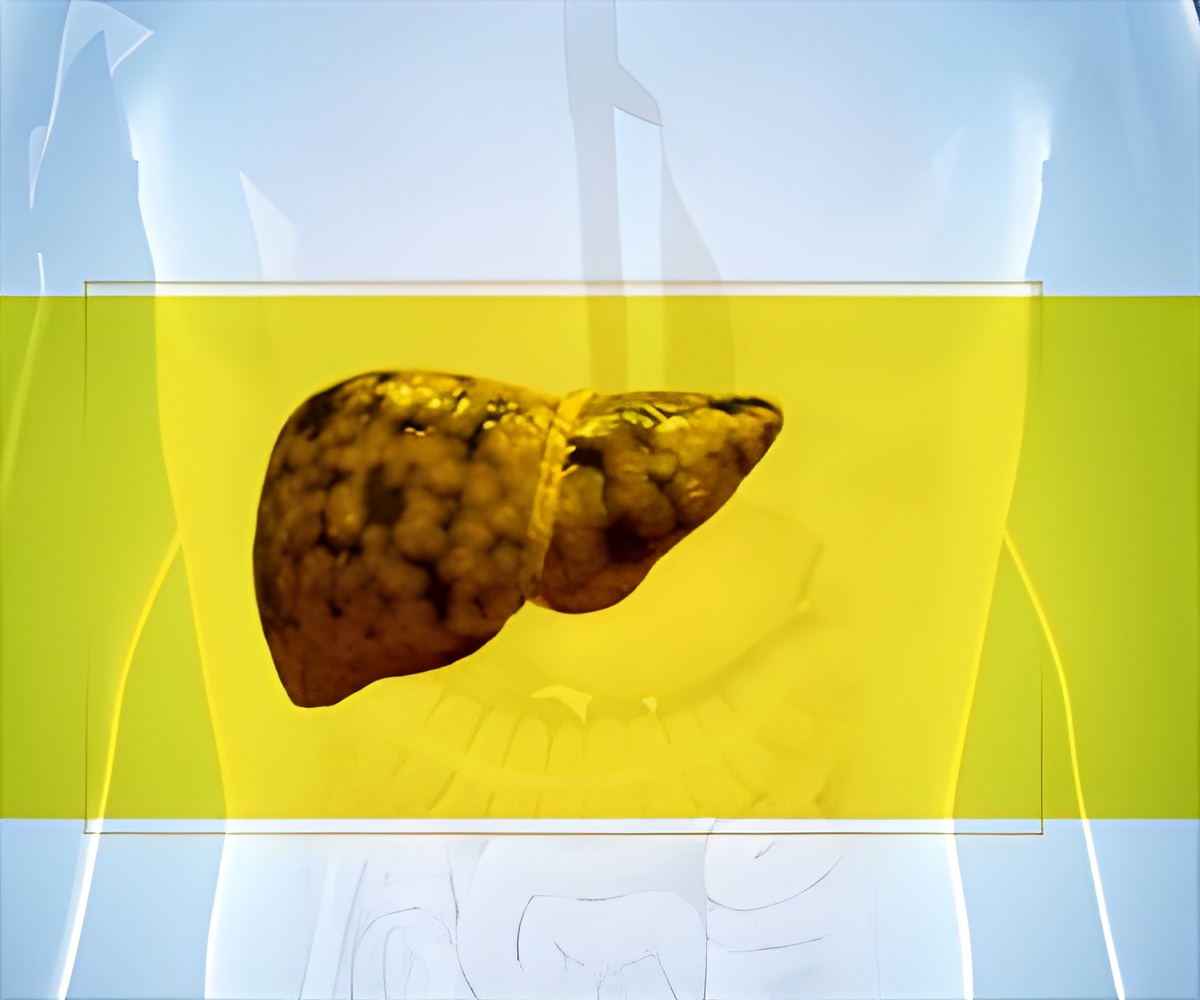Vitamin D related genetic variants may increase the risk of liver damage in children diagnosed with the non-alcoholic fatty liver disease. Genetic and nutritional factors may influence the progression and development of the disease.

‘Vitamin D related genetic variants may increase the risk of liver damage in children diagnosed with the non-alcoholic fatty liver disease.’





It is also the first study to find a relationship between genetic variations in the vitamin D metabolic pathway and the severity of liver damage in UK children. The researchers found that polymorphisms in the vitamin D related genetic variants NADSYN1/DHCR7 and VDR were independently associated with increased liver fat while a GC variant was associated with increased inflammation in liver biopsies.Non-alcoholic fatty liver disease is now the most common chronic liver disease in children. Both genetic and nutritional factors are thought to influence the progression and development of the disease. Previous studies have raised the question of whether improving vitamin D status through diet or supplements may benefit patients.
Study co-author Dr. Bernadette Moore, from the School of Food Science and Nutrition at the University of Leeds, said: "Despite the high prevalence of non-alcoholic fatty liver disease, thus far lifestyle change is the only proven effective treatment for those diagnosed. However, the lack of understanding regarding the disease's molecular pathogenesis makes it very difficult to identify patients who are most likely to suffer disease progression and therefore to benefit from intervention.
"Our research hopes to add to the growing body of work that would make it easier to identify those at risk of progression, allowing for more targeted individualized therapy."
Source-Eurekalert















